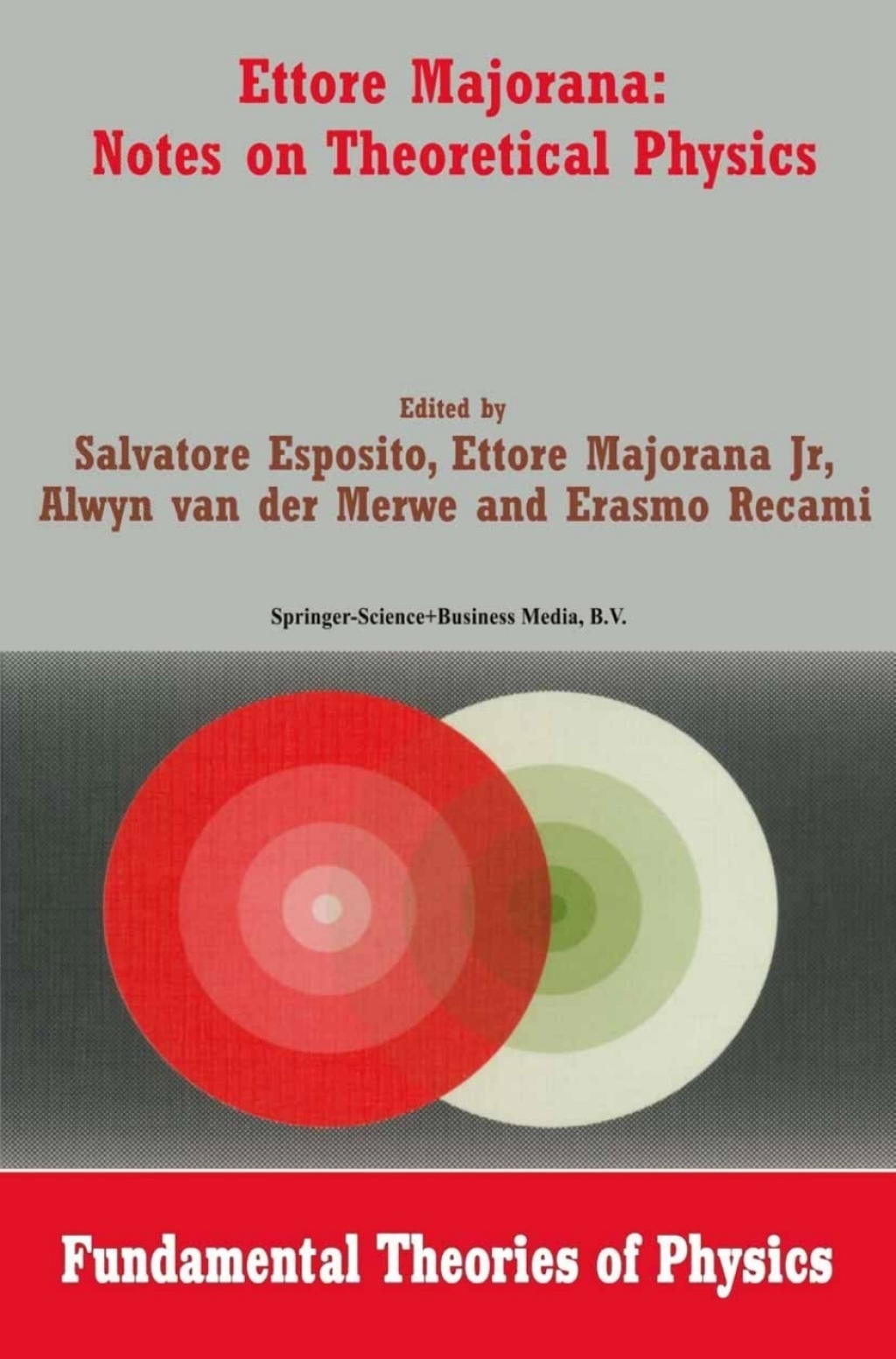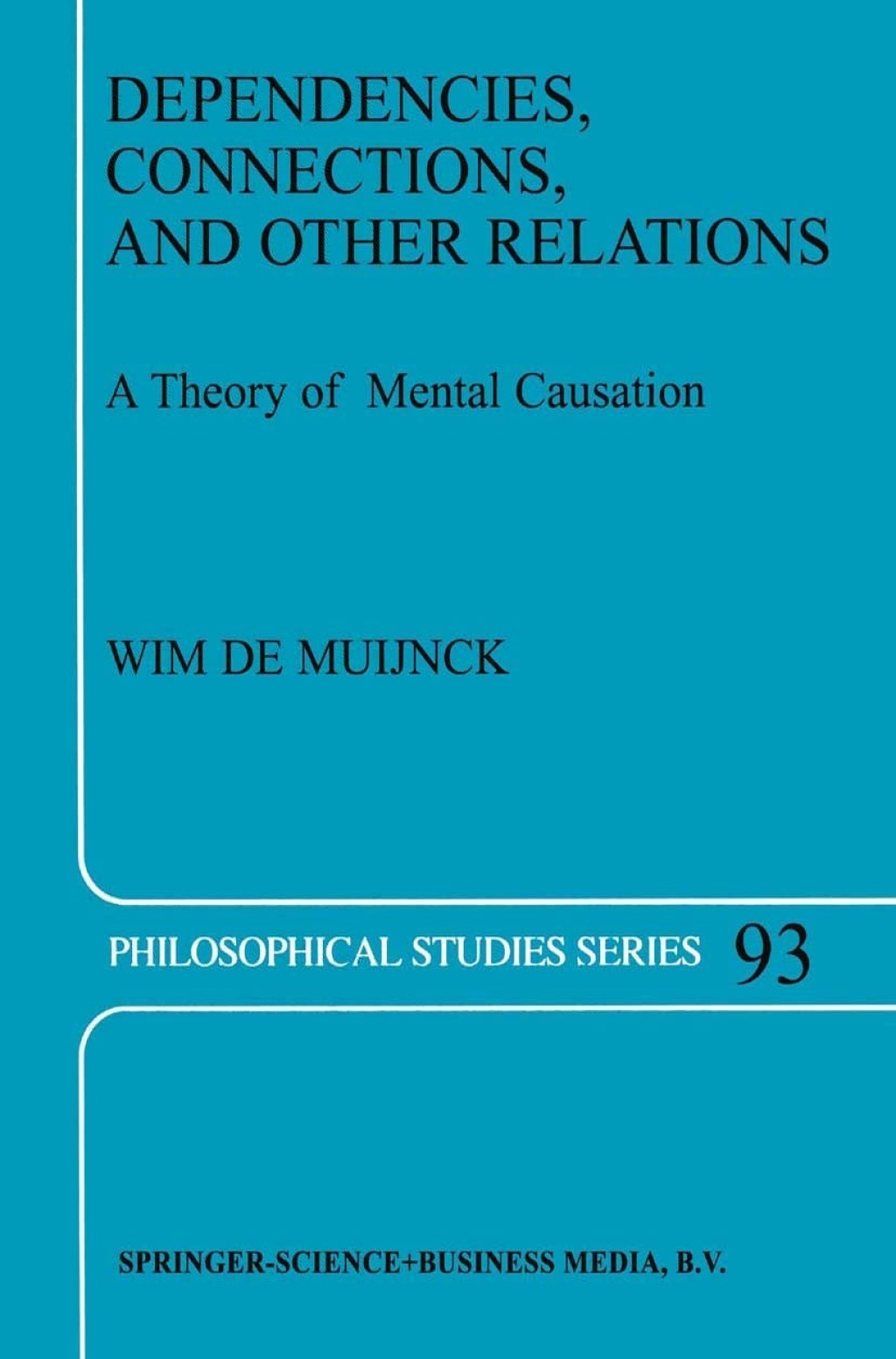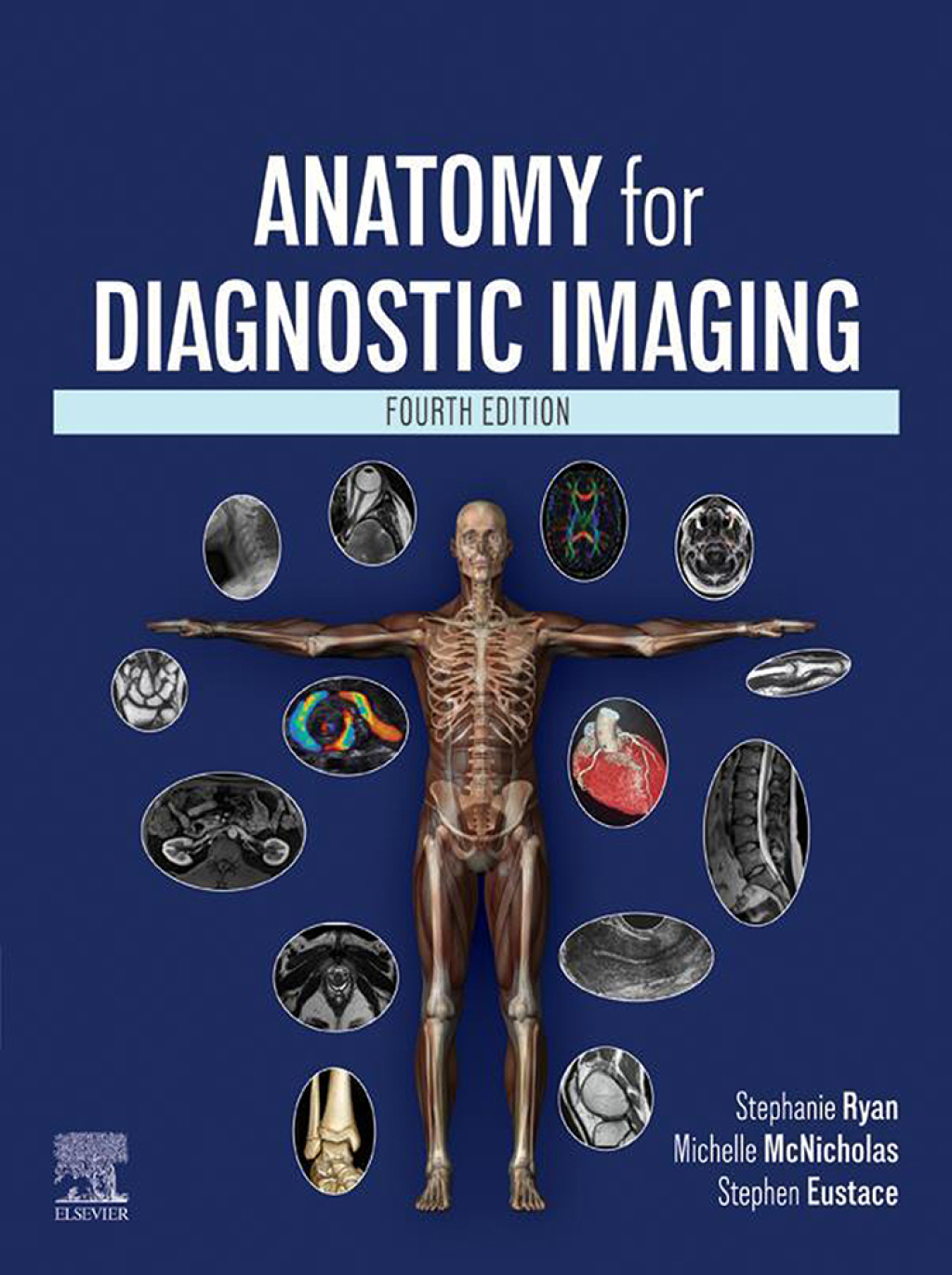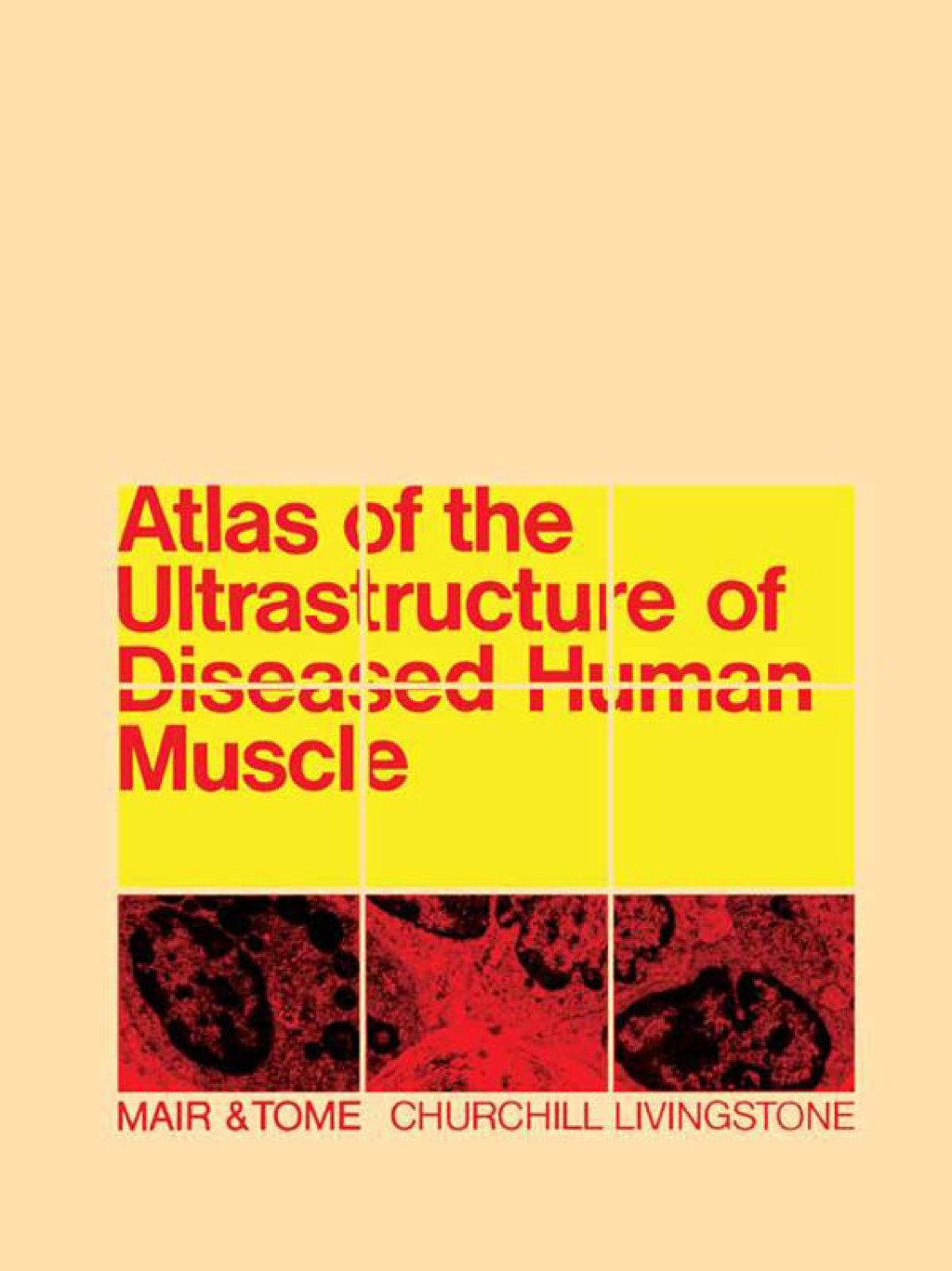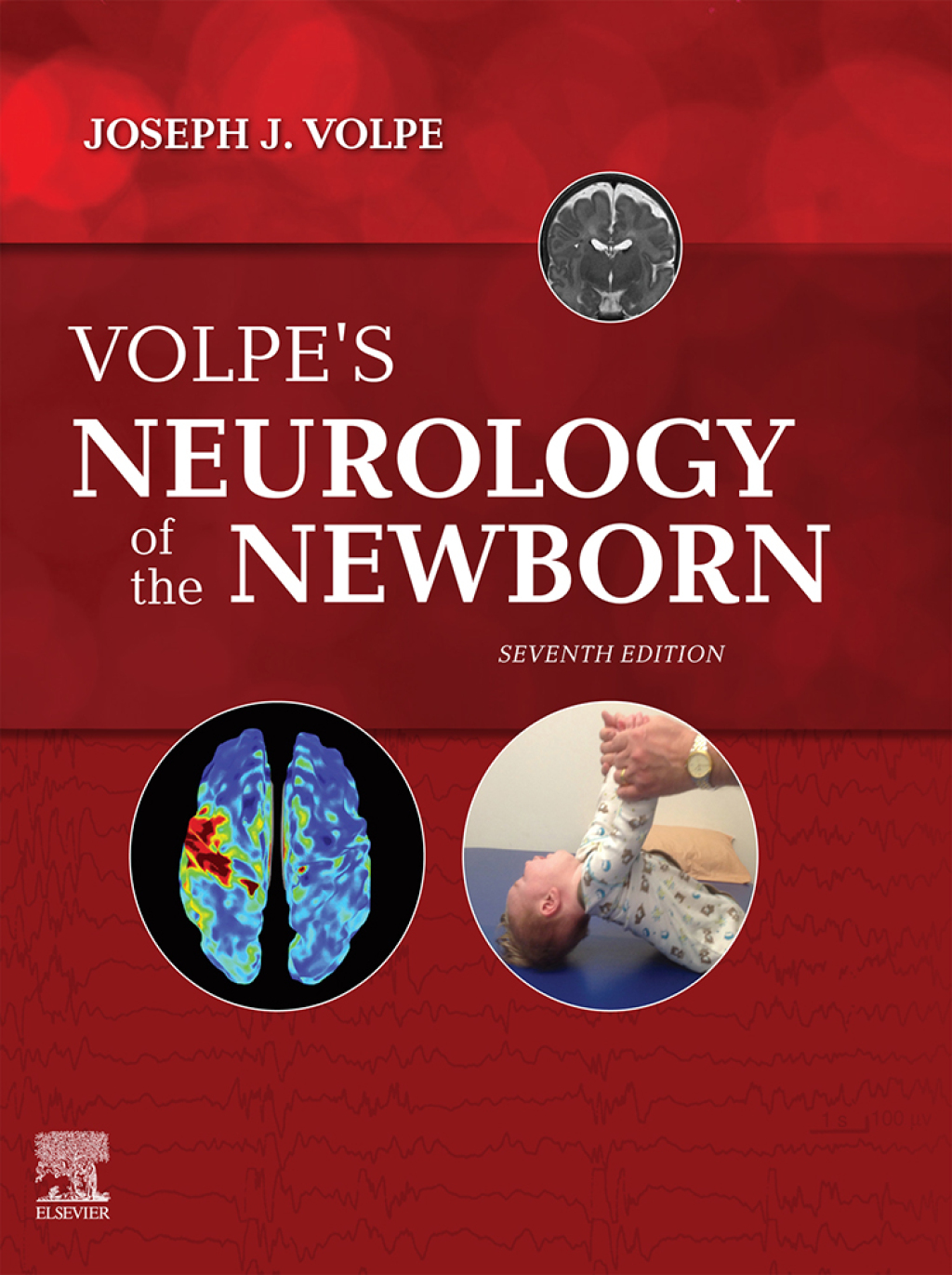Dependencies, Connections, and Other Relations A Theory of Mental Causation
Author(s): Wim de Muijnck
Publisher: Springer
ISBN: 9781402013911
Edition:
$39,99
Delivery: This can be downloaded Immediately after purchasing.
Version: Only PDF Version.
Compatible Devices: Can be read on any device (Kindle, NOOK, Android/IOS devices, Windows, MAC)
Quality: High Quality. No missing contents. Printable
Recommended Software: Check here
Important: No Access Code
Description
The text before you is a study ofthe problematic issue ofmental causation: causation by minds. On hearing the expression ‘mental causation,’ you may at first think ofsomething like bending spoons by ‘psychic’ powers. But no, we are dealing here with something much more puzzling: doing things for reasons, i. e. , what we call agency. Psychic spoon-bending would be a fairly straightforward issue. You just exert some psychic force and bend a spoon, just like you might bend it by hand, i. e. , by physical force. The only trouble here is that psychic forces may not be in fact available ‘. But now you fetch an umbrella because you expect that it will rain. How does that work? Some how, it seems, you let an expectation move your limbs. But aren’t your limbs already moved by nerve impulses and muscle contractions? And are expecta tions the proper kind ofitems to move things around? Mental causation is an issue that is at the heart ofthe mind-body problem, the problem of making it clear how minded creatures such as we are possi ble, and what our mindedness consists in. Unlike psychic spoon-bending, mental causation happens every day. At least, pretty much of what we take for granted about ourselves can only be right when mental causation really happens.

